Villains: without them, there would be no heroes.
But where do villains come from? What causes a person or a being to go down that dark path? And do they realize what they’ve become?
I once read that a villain is the hero of his or her own story. I’m not sure if that is true for every villain. After all, some villains know they’re bad and they don’t care. But there are others who think they’re the good guys. I then realized that in the broad scope of things, you could break villains down into three categories: the good, the bad, and the ugly. So let’s start with the good villain.
The Good
These are the villains who believe they are saving the world. Or they believe that the end justifies the means.
A great example of this type of villain is Wilson Fisk (aka Kingpin) from Daredevil. The writers for Daredevil did an excellent job creating a sympathetic—even likable villain—in Fisk. He wants to save Hell’s Kitchen, the neighborhood he grew up in. And when his back-story is revealed, you understand where he is coming from.
But what Fisk doesn’t seem to realize (but the viewer does) is that he is going about it all wrong. You can’t work with bad guys and expect a good outcome. You can’t murder and manipulate and expect people to be fine with that. As one character pointed out during an episode, Fisk is going to have to choose who he is: dark or light. But he can’t be both.
Another villain who believed he was saving the universe is Jacen Solo. In the Star Wars Extended Universe, Jacen Solo is the son of Han and Leia and twin brother of Jaina. As an adult, he begins to have force visions of the future where galactic war breaks out. In order to prevent this, Jacen goes further and further down the path of the dark side until he becomes a Sith himself. He never recognizes what he is doing—or who he is hurting— in order to save the universe. To him, the end justified the means.
The Bad
However, not every villain sees himself as good. There are those who have been hurt so bad that they don’t care who they hurt back. Or they believe they are better than everyone else. And some just want to see the world burn.
Loki is what I would call an elitist villain. He sees himself above everyone else.
Loki: “I’ve come too far for anything else. I am Loki, of Asgard and I am burdened with glorious purpose…”
Nick Fury: “We have no quarrel with your people.”
Loki: “An ant has no quarrel with a boot.”
(The Avengers, 2012)
Loki gives no thought to the humans of Earth because compared to him, they are nothing—just ants.
My own villain from Heir of Hope—Valin, one of the Shadonae—is also an elitist. A being with the power to twist a person’s mind and reality, he can control anyone he touches. When he was younger he left his people behind to find his way in the world. He discovered quickly that most humans are suspicious of anyone with power. When they found out Valin was different, they tried to kill him. This created a hatred inside Valin’s heart toward mankind. That, coupled with his superior abilities, caused Valin to believe he is above humans and there is little reason for them to exist. They are only pests to be eradicated or consumed.
And we all know The Joker from The Dark Knight. He has no delusions that he is a good guy (he has other delusions, but not that one). He thrives on chaos and violence and his only ambition is to smile and watch the world burn.
The Ugly
Lastly, we have those villains who are more disgusting than scary. The best example of this is Jabba the Hutt from Star Wars: Return of the Jedi. I don’t know anyone who is scared of Jabba. However, he is definitely ugly and worthy of this category.
Conclusion
Villains, just like heroes, evolve to become who they are in the story. For some it is a drive to see things changed for the better but at the cost of lives and even themselves. For other villains, a deep hurt drives them to hurt others. Then there are those who believe they are better than anyone else. And finally there are those who are rotten to their very core and may even look like it on the outside.
Villains are a necessary evil (yes, I went there). They give us a glimpse of what could happen if the hero makes the wrong choice. They can even be a warning to us, showing us our own dark potential. Good, bad, or ugly, villains will always be a part of great stories.
So who is your favorite villain? What kind of villain is he or she? In what category would you place him or her?


One of my favourite villains shows up in Katy Huth Jones’ book Mercy’s Battle. It is the second book to have him as the villain. In his eyes he has the right to do whatever he needs to in order to claim the power he believes should be his.
The really neat thing Katy does is puts the villain through his own mirror version of a hero’s journey. As much as the reader wants him to fail, we can help but root for him even as each success makes him a worse person.
When I edit books, or work on my own, the villain’s motivation is always key. Once I have a handle on that, I know where the story will flow.
Ooo, I like that! I’ll have to check out the book ????